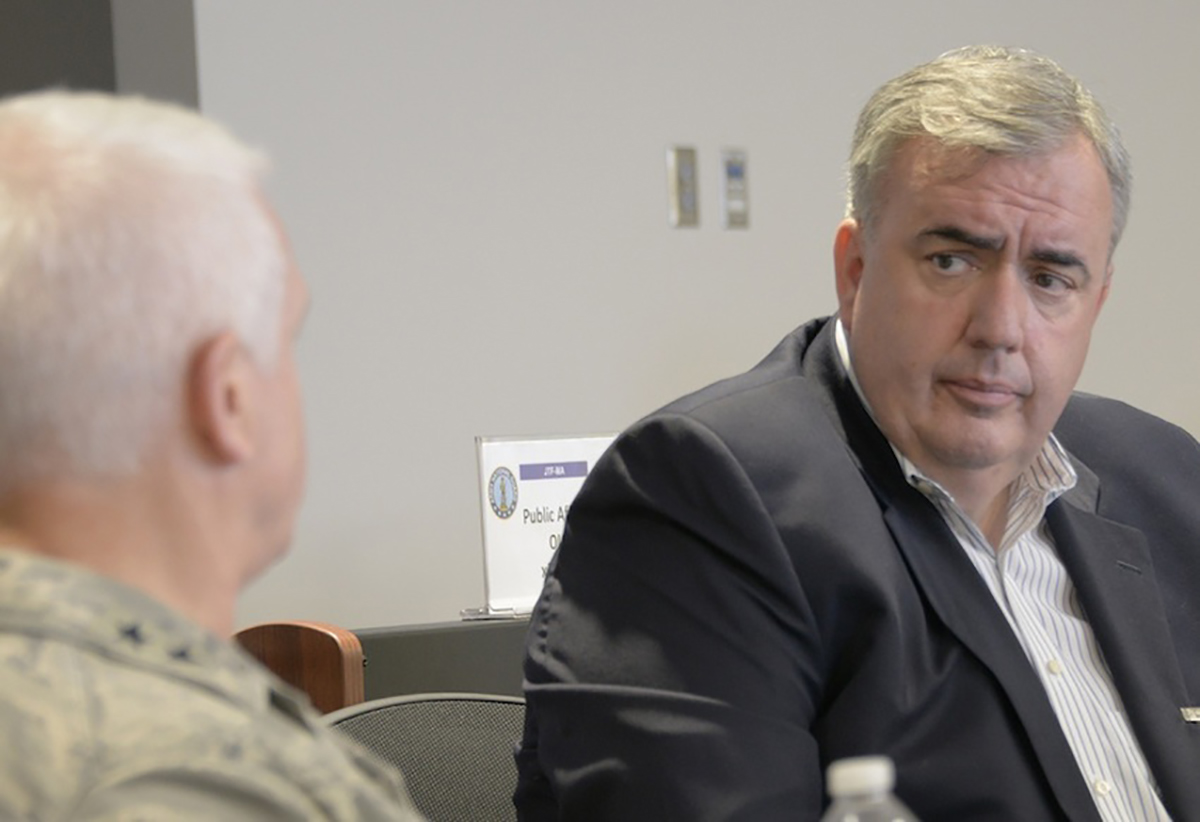Boston Police Confirms It Uses Controversial ‘StingRay’ Cell Phone Trackers

Photo by Massachusetts National Guard on Flickr/Creative Commons
Boston police have confirmed they use devices capable of secretly tracking the location of cell phones, a practice critics consider not only a violation of the public’s constitutional rights, but a gross invasion of privacy.
Former Commissioner Ed Davis signed a deal with the FBI just weeks after the Boston Marathon bombing in 2013 to obtain these cell phone tracking devices, according to documents obtained by privacy activist Mike Katz-Lacabe and reported by Shawn Musgrave of the New England Center for Investigative Reporting. These devices—called cell site simulators or “StingRays,” after the most popular brand—mimic cell towers and can track phones in real-time, allowing police to trace an individual’s precise movements.
Law enforcement officials say the technology is essential to fighting terrorism. As per an agreement between Florida-based StingRay manufacturer Harris Corporation and the FBI, any state or local law enforcement agency must sign a nondisclosure agreement with the bureau. One such agreement dated April 2013 and signed two months later by Davis forbids BPD officials from sharing information regarding the technology with the public.
“Disclosing the existence of and the capabilities provided by such equipment/technology to the public would reveal sensitive technological capabilities possessed by the law enforcement community and may allow individuals who are the subject of investigation […] to avoid detection by law enforcement,” it reads.
The BPD only released this document as the result of two lengthy public records requests by Katz-Lacabe and Musgrave. It has yet to disclose how many devices it owns, or how they are being used.
“Boston police vigorously attempted to rebuff numerous requests for records on its cell phone trackers. Notably, in letters rejecting such requests, the BPD quoted heavily from the nondisclosure agreement itself,” Musgrave wrote. “In February, BPD lawyers broadly claimed that all records regarding cell site simulators were immune from the Massachusetts public records law because their release ‘would prejudice the possibility of effective law enforcement.’ When the state records authority demanded additional justification, BPD responded that releasing documents would render cell phone trackers ‘essentially useless.‘”
As Musgrave notes, the FBI refuses to reveal which agencies possess these cell phone trackers. Last year, Massachusetts State Police said it doesn’t own any. You can read the NECIR’s full scoop—and view the non-disclosure agreement Davis signed—here.

